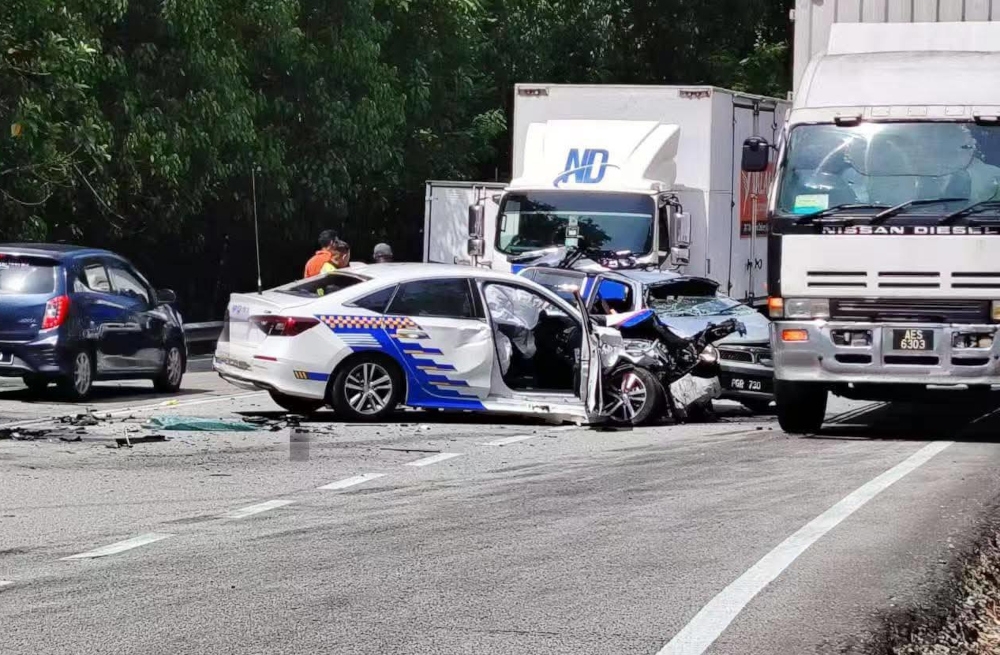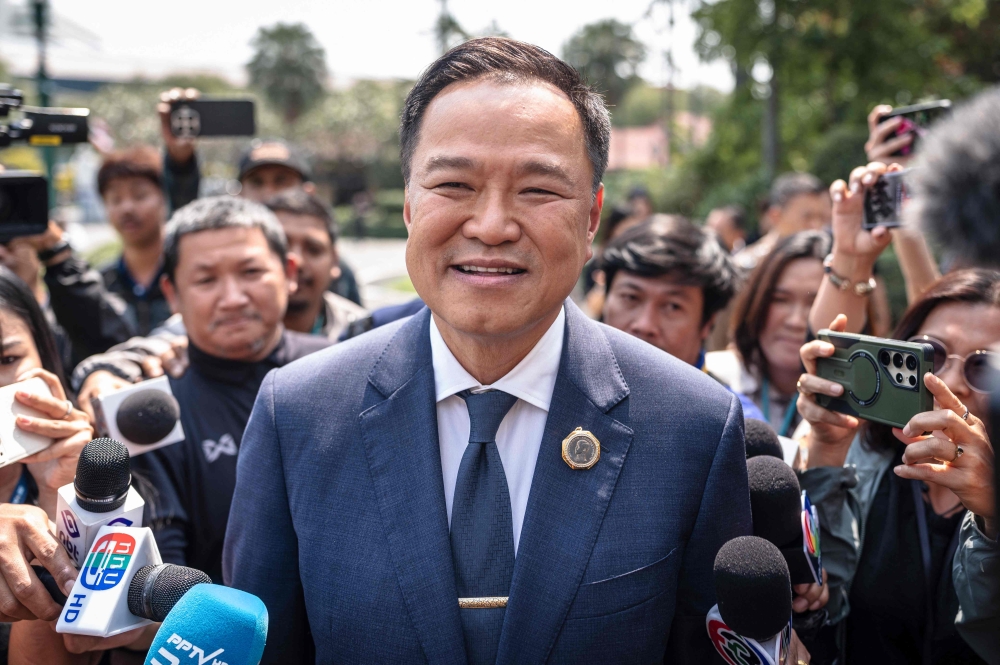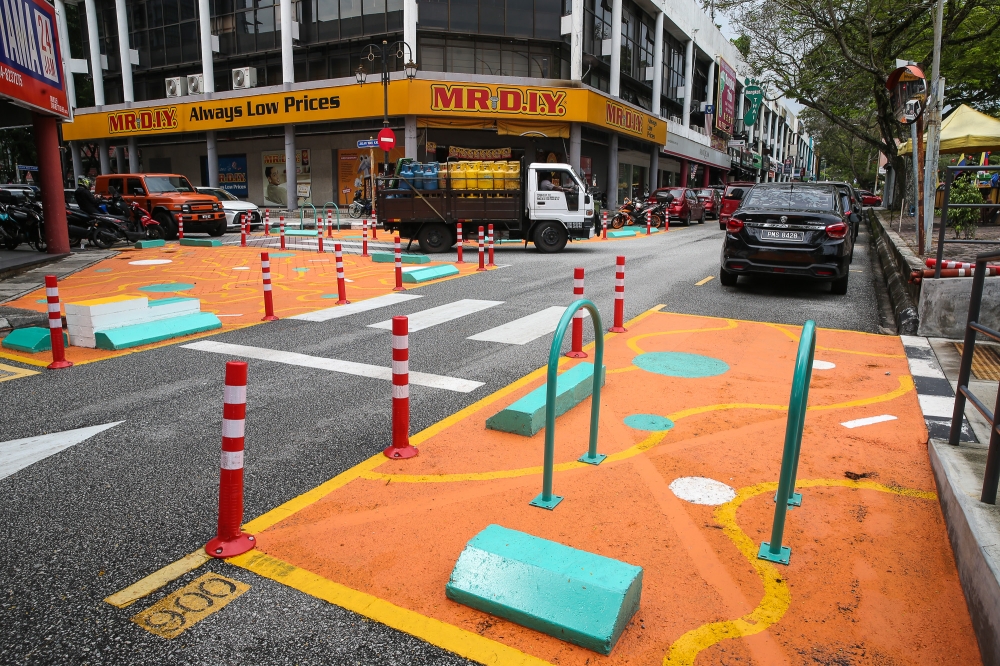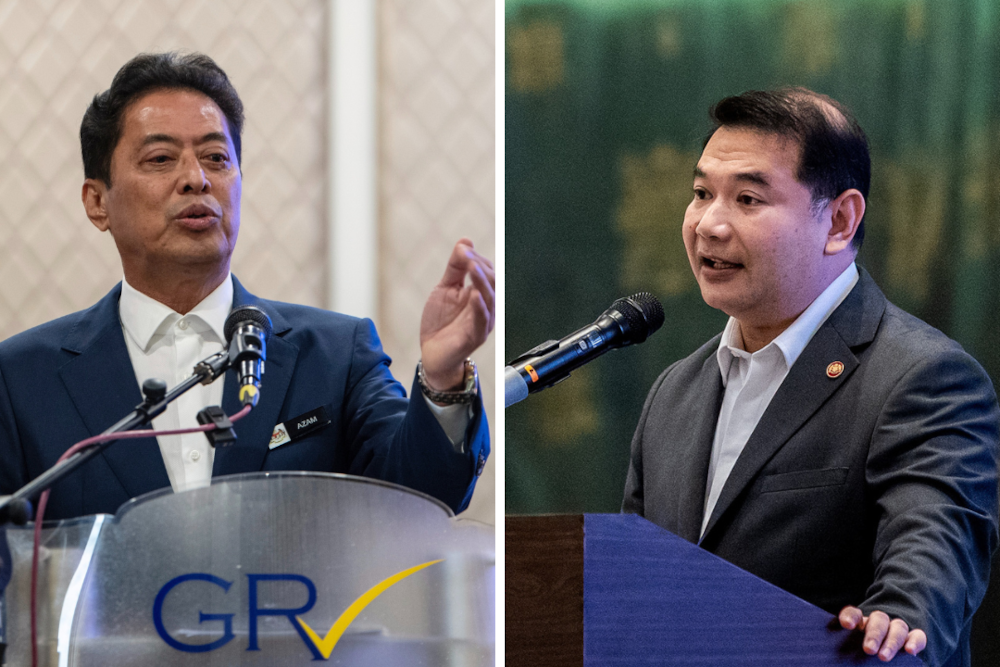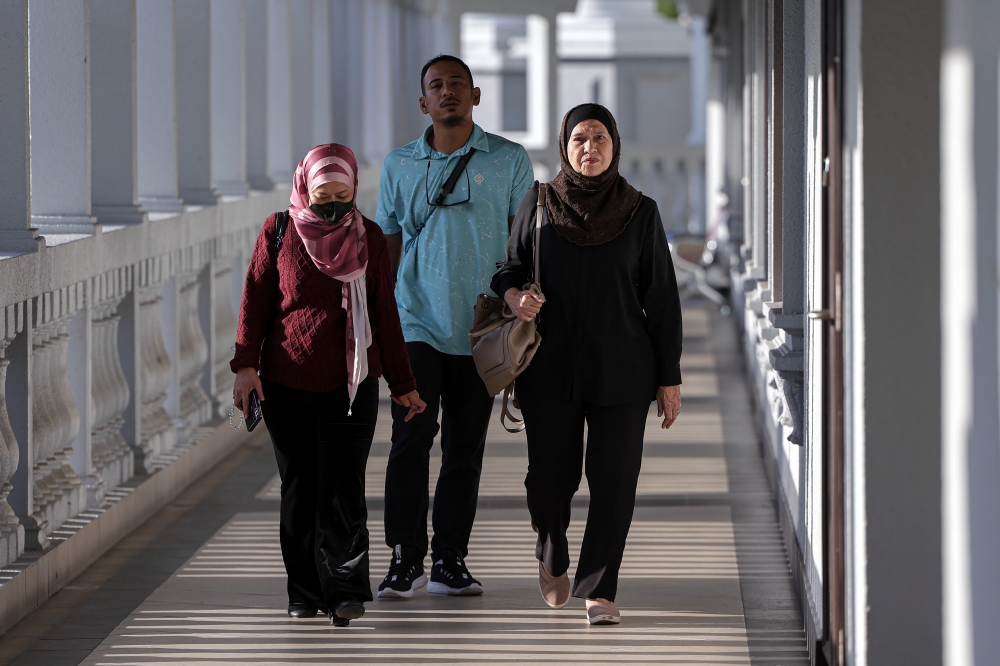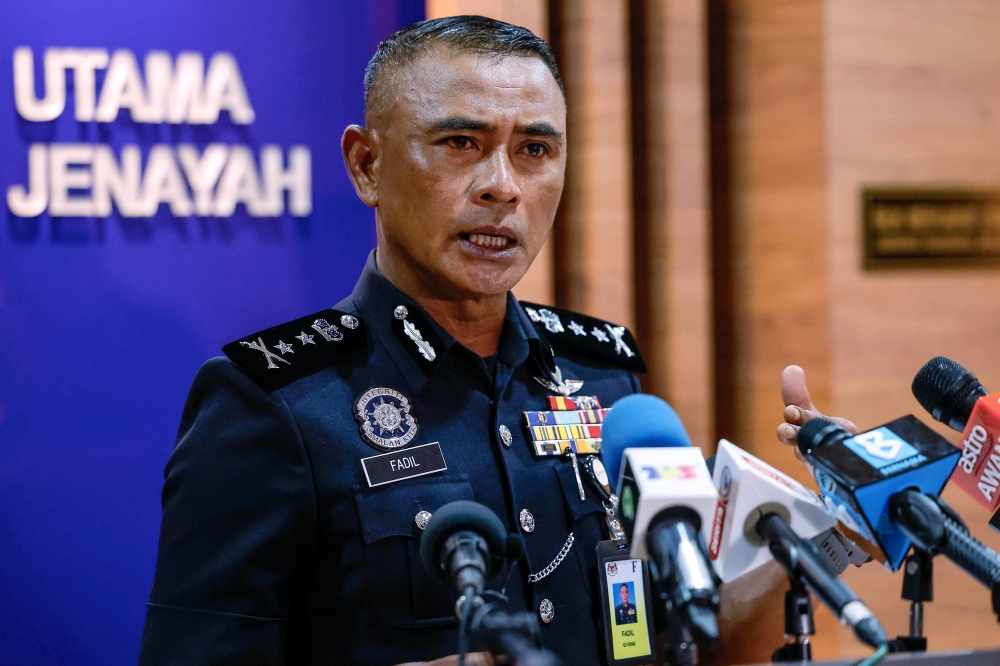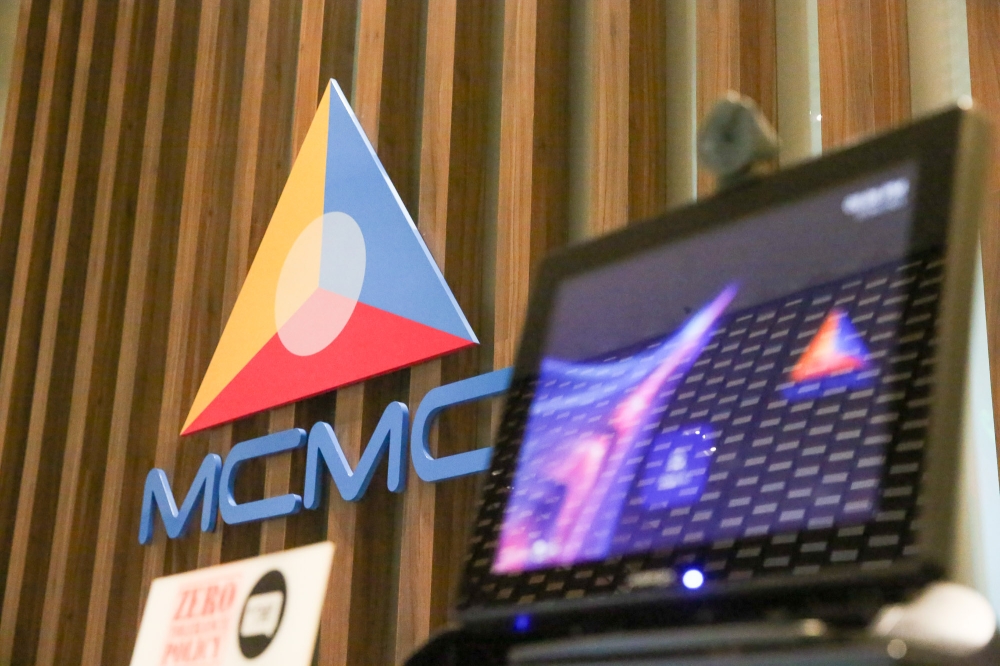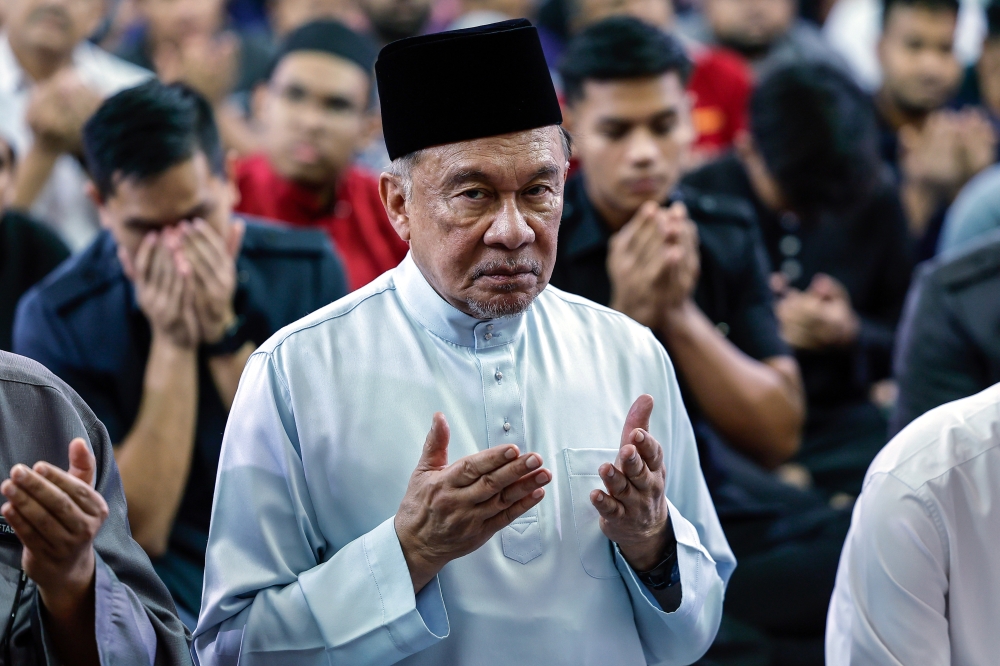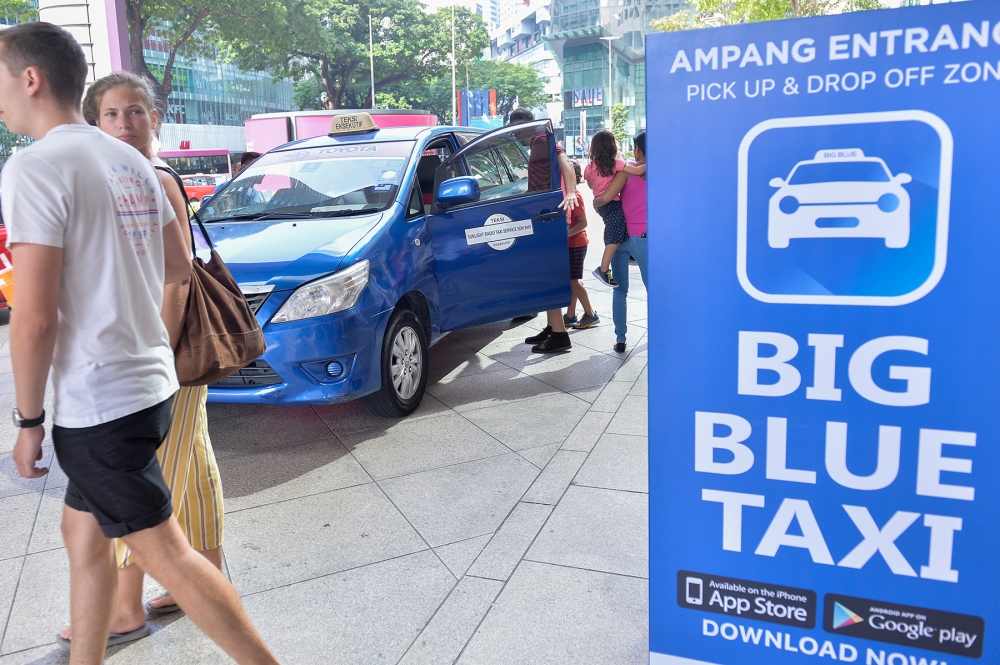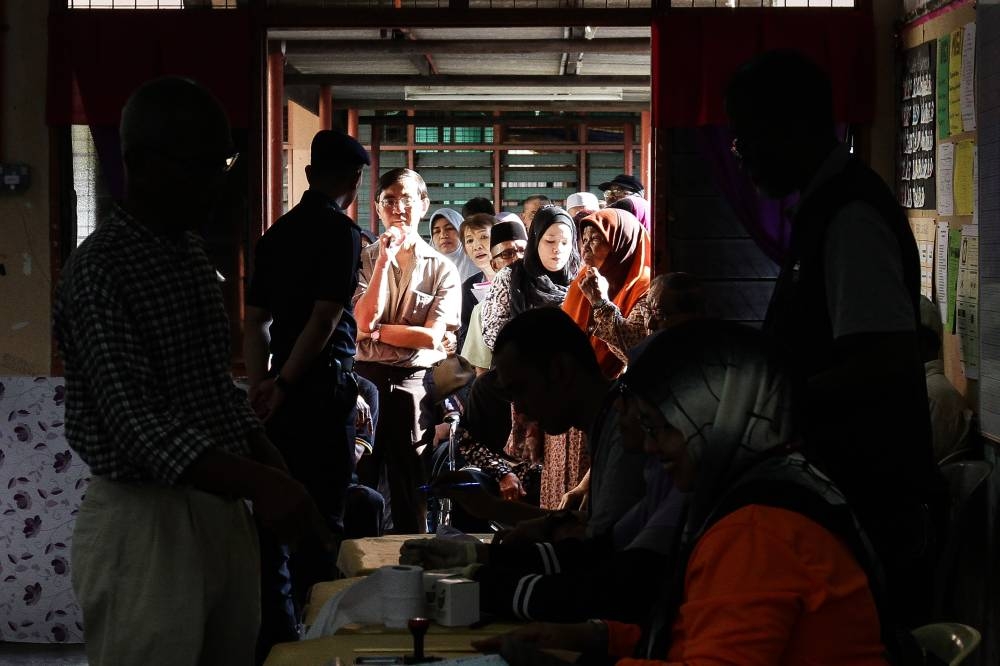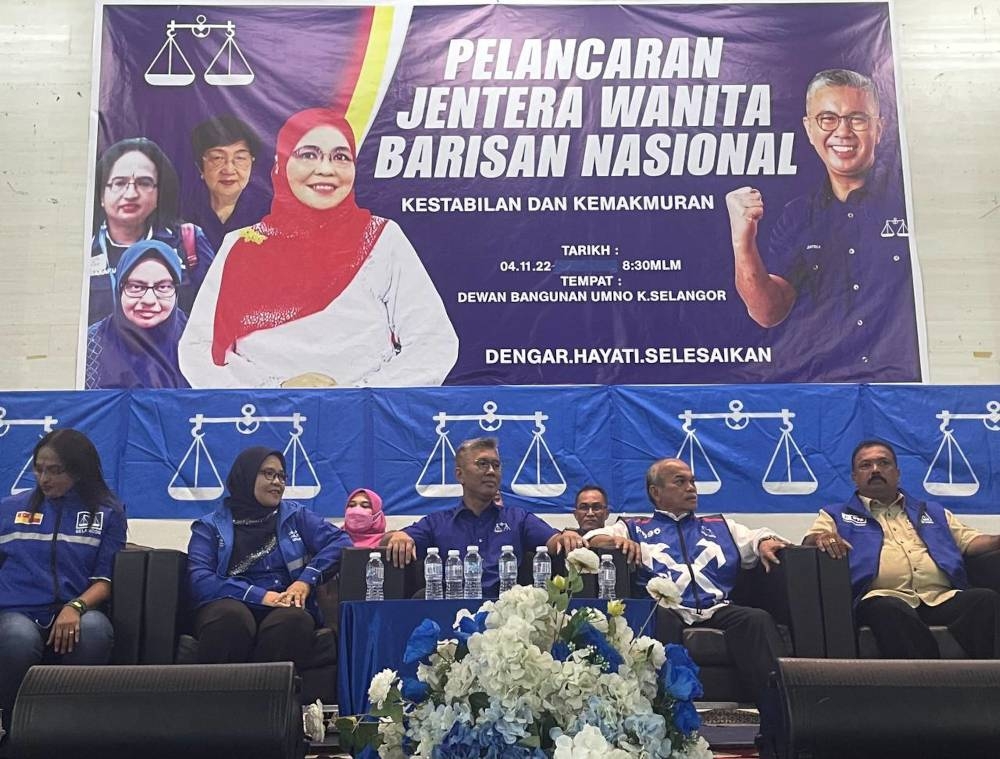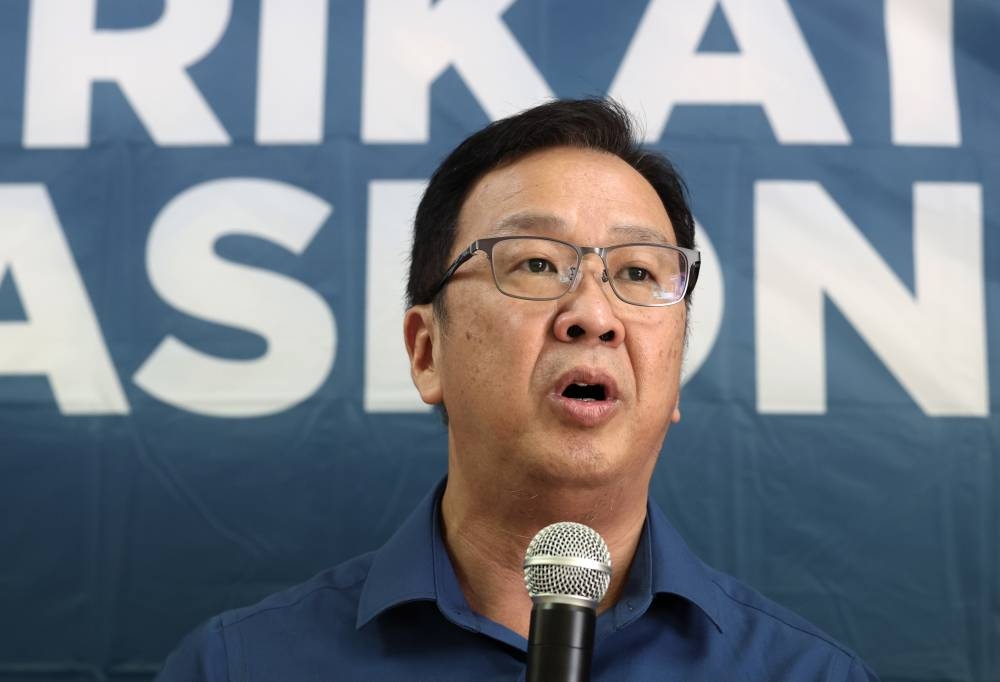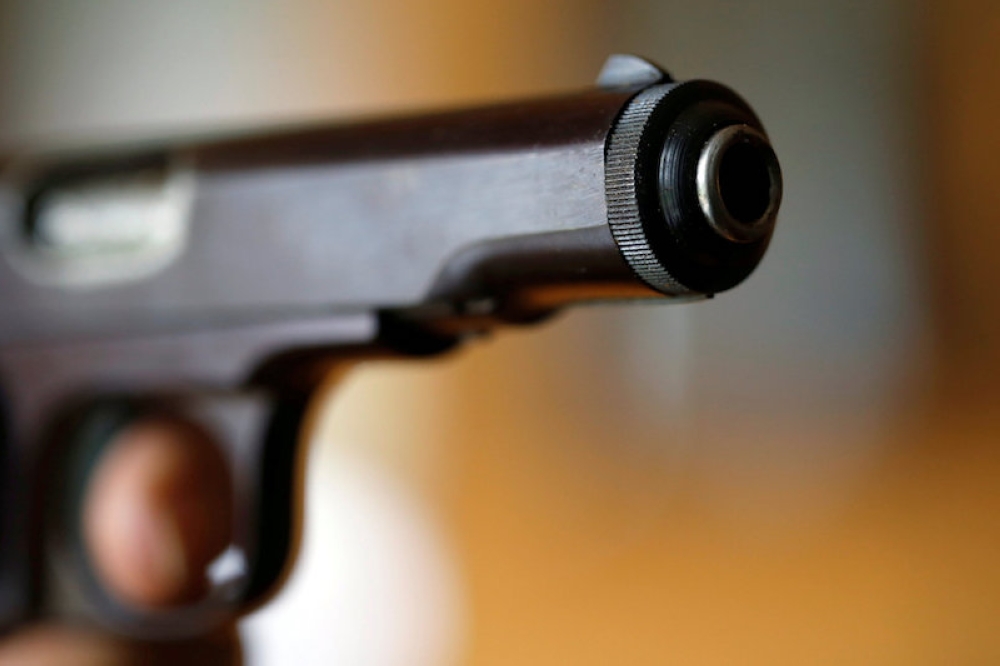KUALA LUMPUR, Nov 5 — Pakatan Harapan (PH) leaders have ramped up efforts to get voters out to vote on November 19 with one clear message — anywhere less than a 75 per cent turnout could return the corruption-tainted incumbent Barisan Nasional (BN) to power.
It’s a belief widely held by both Opposition strategists and pundits based on voting trends that predate even before the 14th general election when the level of turnout reached around 85 per cent.
Galvanised by PH’s anti-corruption campaign and promises to rein in the soaring cost of living, marginal voters turned up in droves to end BN’s six-decade rule and elect a new coalition into office. But there are expectations that a repeat of the feat would be unlikely at the 15th general election, as a pandemic and subsequent power struggles in the last four years pushed voters to exhaustion.
Ibrahim Suffian, director of pollster Merdeka Center, explained that voter antipathy and a lower turnout will always be favourable for BN, since its biggest rival PH mostly relies on support from non-partisan voters who have the tendency to abstain or not turn up if they feel their votes would not make any difference.
“Well basically the premise is that BN’s hardcore supporters and party members are committed to voting, they had turned out in large numbers in the Melaka and Johor state elections,” Ibrahim told Malay Mail.
“So if other voters didn’t turn out in large numbers then BN can get an advantage due to the high turnout among their supporters and probably win in seats that were previously highly contested.”
Most pundits have more or less made the same prediction, basing their forecasts on the turnout trends at the Melaka and Johor state elections where BN emerged winners with landslide majorities even as the total number of new votes it garnered was paltry compared to the 14th general election.
In Melaka, only 65 per cent of voters had cast their votes and BN collected 20 per cent less of the ballots it won in 2018. The turnout rate was much lower in Johor, at just 50 per cent, and despite the state’s electoral roll having risen by 40 per cent, new votes that went to the incumbent amounted to just three per cent.
While the additional ballots that went to BN in Johor may suggest marginal voters aren’t necessarily pro-PH, past voting trends indicate that a huge chunk of these “fence sitters” has typically leaned towards Opposition parties, Ibrahim explained.
“Yes there’s no certainty they won’t vote BN, but the proportions are generally lower than for opposition parties,” the Merdeka Center director said.
Quantitative data appears to support this theory. An analysis of absentee ballots at the May 2018 elections showed that eligible absent voters outnumbered the majorities garnered by winners in up to 141 seats.
Twenty of these federal constituencies had absentee votes outnumbering the majorities by 10 times, with some 80 per cent of them going to BN. Among them are seats held by Umno bigwigs like Datuk Seri Ahmad Maslan and Datuk Seri Abdul Azeez Abdul Rahim, MP for Pontian and Baling.
In Pontian, Ahmad won with a majority of just 833 votes but the number of eligible absentees was 8,850. Baling’s Azeez Rahim, a close ally of disgraced former prime minister Datuk Seri Najib Razak, won with a 1,074 majority when a staggering 15,000 eligible voters failed to turn up on polling day.
With polling day just over three weeks away, leaders of the opposition coalition are now scrambling to enthuse a fatigued electorate in a bid to draw them out. Messages about how a BN win would reinforce corruption have been amplified next to pledges to ease living cost pressure, but pundits are still less convinced that it would work.
Ibrahim suggested one way PH can nudge voters to turn up is by fielding strong and credible candidates.
“I think it’s more of a winnability factor, I think some voters will come out if they’re sufficiently fired up by issues (as they did in 2018) and by the prospects of their team winning,” he said.
“In a multi-cornered contest as what we’ve seen in Johor and Melaka, many didn’t come out not just because of Covid but also because the prospects of winning were low, that their votes wouldn’t make much difference as it was split anyways,” he added.
Such a view is rooted in the belief that Perikatan Nasional’s presence would split the opposition votes. While having PAS in the coalition would give PN a fixed set of conservative Malay votes, other component members like Bersatu would still need the support of marginal voters to win given PAS’ limited influence in states other than Kelantan, Terengganu and Kedah.
“Voters are not daft, if they see like three or four different parties vying for the same vote against BN then they know the prospects are dim,” the Merdeka Center director said.
If anything, a low voter turnout is also a reflection of PH’s relatively weaker machinery vis-a-vis BN’s. James Chin, a political analyst with the University of Tasmania, suggested BN can always rely on its well-oiled machinery to mobilise a large power base whereas PH’s core supporters are far smaller.
“BN has a very good machinery in bringing people out. If there’s a general reluctance for people to turn up then those that are transported and drawn out by BN would usually vote for them,” Chin said.
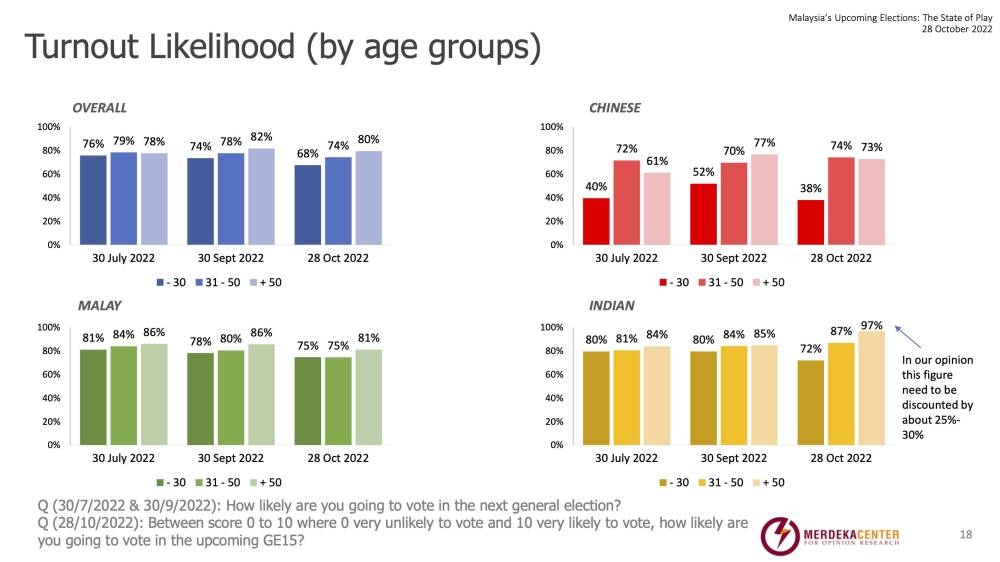
A Merdeka Center report yesterday predicted that voter turnout likelihood for GE15 was high across all ethnic lines, except for ethnic Chinese voters under the age of 30, with only 38 per cent saying they would turn up to vote.
Overall, 68 per cent of voters under the age of 30 said they would turn up to vote, with the likelihood of voting increasing with age as those between 31 and 50 were 74 per cent likely and voters above 50 being the most likely to vote (80 per cent).
Indian voters above 50 were the most likely to turn up to vote (97 per cent), but Merdeka Center said that this figure needs to be discounted by 25 to 30 per cent in its opinion, although it did not mention its reason for this.
Nomination day today will kickstart a two-week campaigning period with the polling day on November 19.






